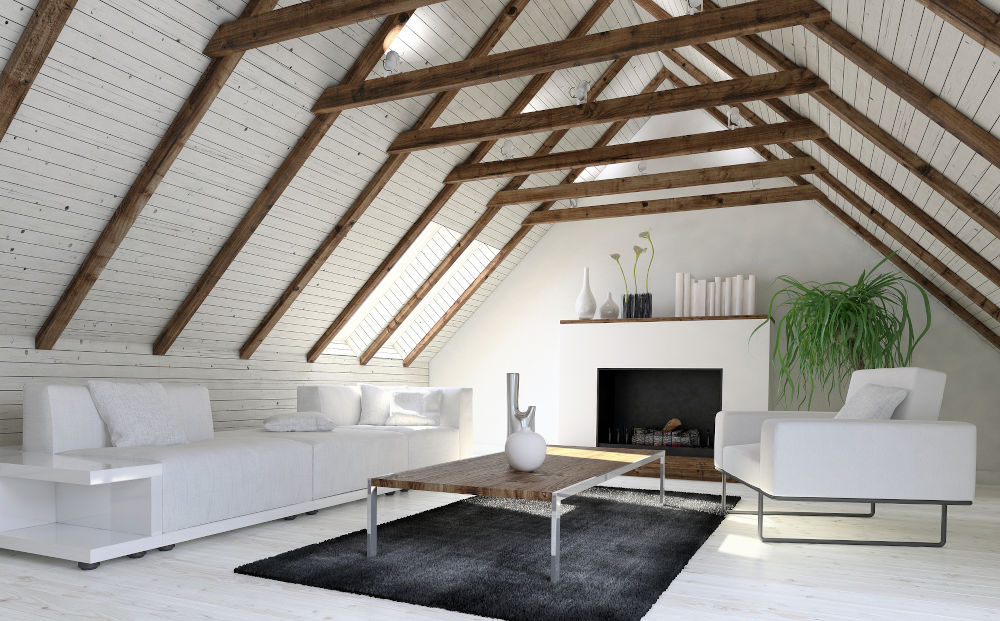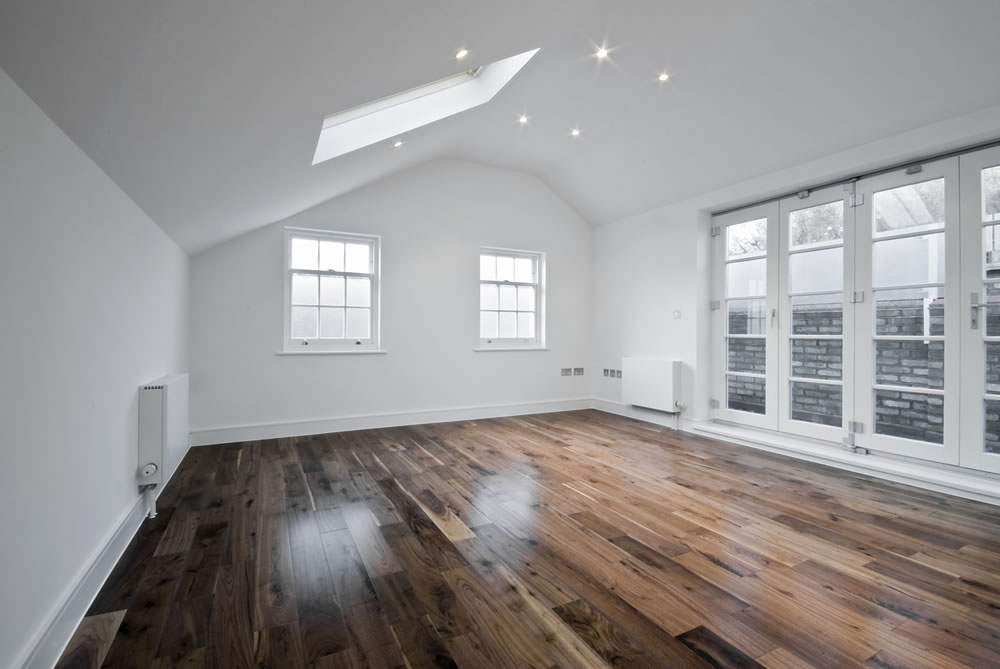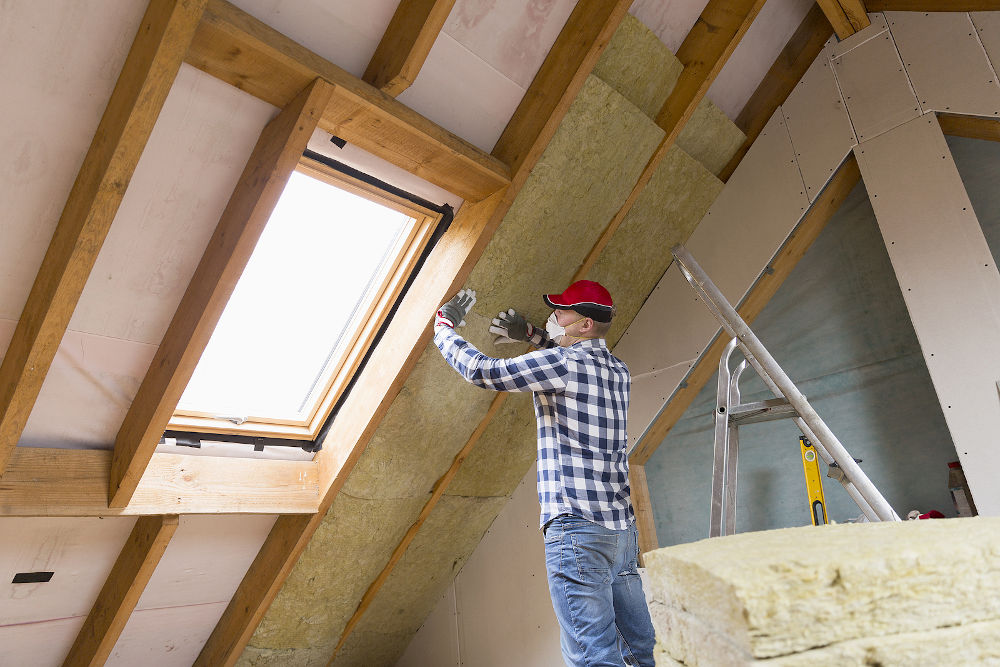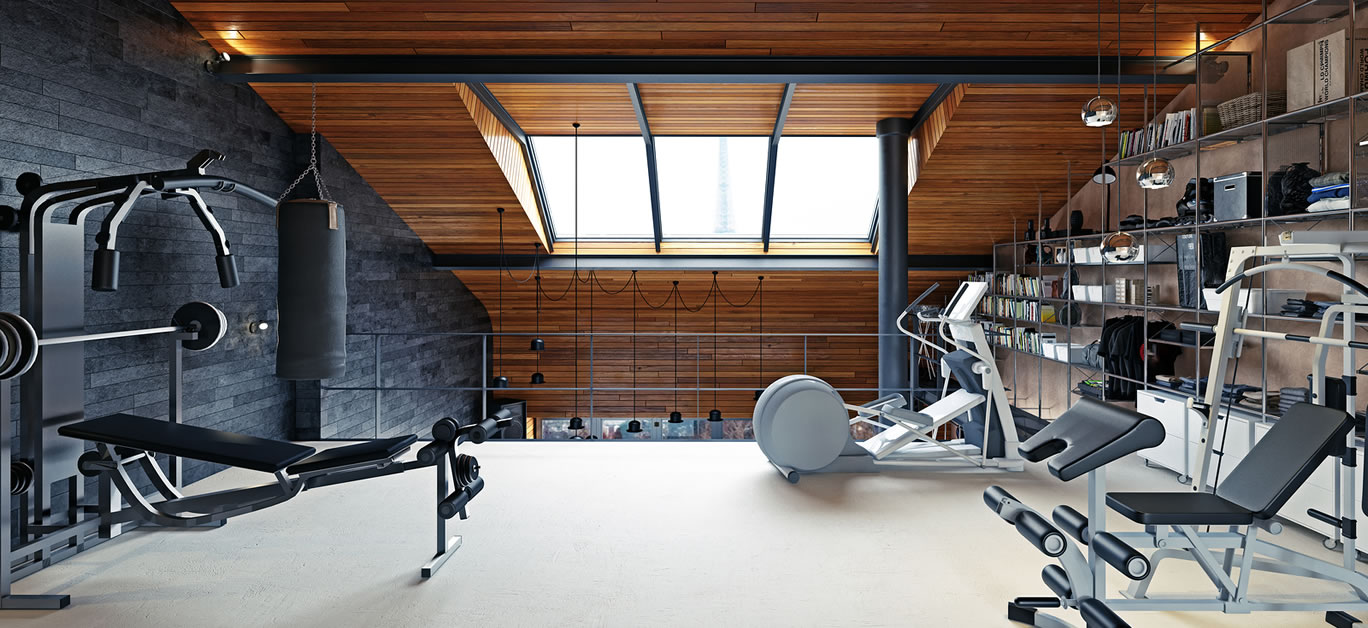Are you looking for a new way to maximise the space and value of your property? If you feel like you’ve outgrown the space you have then it can be tempting to sell up and move, but sometimes some relatively straightforward renovations is all it takes to give you the extra room you need. One of the most popular ways for doing so is by converting your loft, transforming this often underused area of your home into a usable space allowing you to expand whilst boosting the price tag should you decide to sell your home in the future.
Whether you’re dreaming of a chic master bedroom, a tranquil home office, or a trendy entertainment area, planning a luxury loft conversion requires careful thought and attention to detail. Here’s how you can successfully plan to turn your loft into a sophisticated and personalised living space to be proud of in 2024.

Define your vision
The first step in planning a luxury loft conversion is to define your vision. Working out what you want your new space to look like and what you’ll use it for is key before moving forward, so take some time to sit down, think it through and browse Pinterest for some inspiration. Are you looking to create a luxurious master suite, a stylish home office, a cosy guest bedroom, a state-of-the-art home gym, or a beautiful play room for the children? Understanding the purpose of your loft conversion will guide all other decisions, from the layout to materials and décor, so get this nailed down and then it’ll be full steam ahead in bringing your vision to life.
Know the practicalities
Before deciding on any specific design ideas, it’s essential to understand the practicalities of the project. Start by assessing the available space and the structural feasibility of your loft conversion and, if necessary, get an architect or contractor in to cast an expert eye over it so that you know exactly what’s possible and what isn’t. Most lofts can be converted, but the ease and cost will depend on factors such as the height and pitch of the roof and whether or not there are any obstacles like a chimney or water tank to contend with.
Ensuring you’ve made and addressed any legal considerations is also crucial before work begins on your conversion. In many cases, a loft conversion will fall under permitted development rights, so you won’t need full planning permission – but if your home is listed or located in a conservation area, or if your plans involve significant changes to the roofline, you may need to apply for planning permission.

If you’re unsure on what’s necessary then be sure to seek the advice of a local planning authority or a professional architect to ensure your plans comply with regulations.
Set a realistic budget
When money is no object, it can be tempting not to set a budget and to just go with the flow, but having a rough figure in mind will help to ensure that the project runs smoothly from start to finish and give you a guide to work towards. Luxury loft conversion can be a significant investment, so it’s essential to set a realistic budget early on. Again, you’ll need to consider the size of the space to be converted, as well as the complexity of the design you’re hoping to execute, and the quality of materials and finishes you’d like to incorporate. On average, you can expect to spend between £30,000 to £60,000 for a high-end loft conversion, though this can increase for particularly large or complex projects.
Additional costs such as structural work, insulation, plumbing, electrical work, and bespoke fittings are also likely to arise and should be factored in from the outset – and having a contingency fund will ensure that any unexpected costs can be covered quickly and easily without the need to shift money and assets around.

Hire experienced professionals
A luxury loft conversion is rarely a DIY project, and requires the expertise of skilled professionals to ensure the highest standards of craftsmanship and safety. Enlisting an experienced architect or designer who specialises in high-end loft conversions is the best place to start and they will be able to collaboratively draw up a detailed plan that aims to maximise space and bring your vision for luxury living to life.
You’ll also need to track down a reputable builder with a proven track record in loft conversions to handle the project. It’s crucial to choose a contractor who understands the intricacies of converting lofts and can deliver high-quality work on time and within budget, so shop around and be sure to ask for references and view previous projects to ensure they meet your standards.
It’s possible that you’ll need some additional work done that is outside of your chosen contractor’s remit, and there are a variety of great marketplace-style sites and directories online that will help you find just the expert for the job. For example, if you are looking for loft boarding in London, Liverpool, Leeds, Lincoln or even Loch Ness then a simple online search will help you to locate the best providers in your area and assess reviews to ensure you can easily find your perfect match.






















